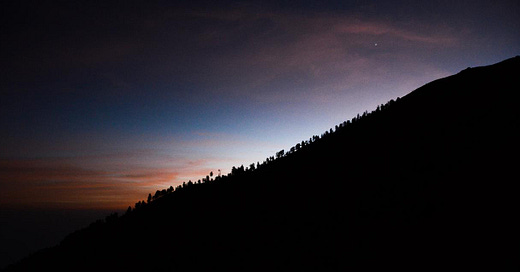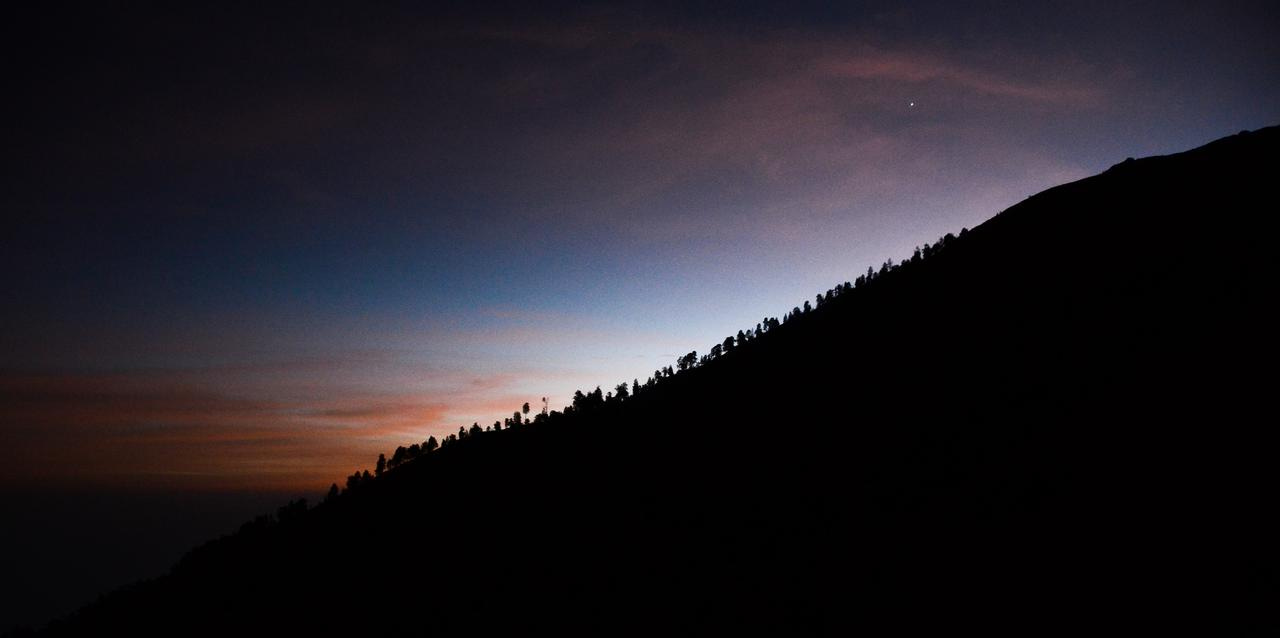Fear the Volcano, Conquer the Climb
After quitting our jobs and heading to the other side of the world, our only plans were lying in the perfect white sand and soaking up paradise. But six thousand feet up, the mystical mountain beckoned.
Keep reading with a 7-day free trial
Subscribe to Narratively to keep reading this post and get 7 days of free access to the full post archives.




